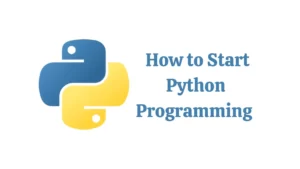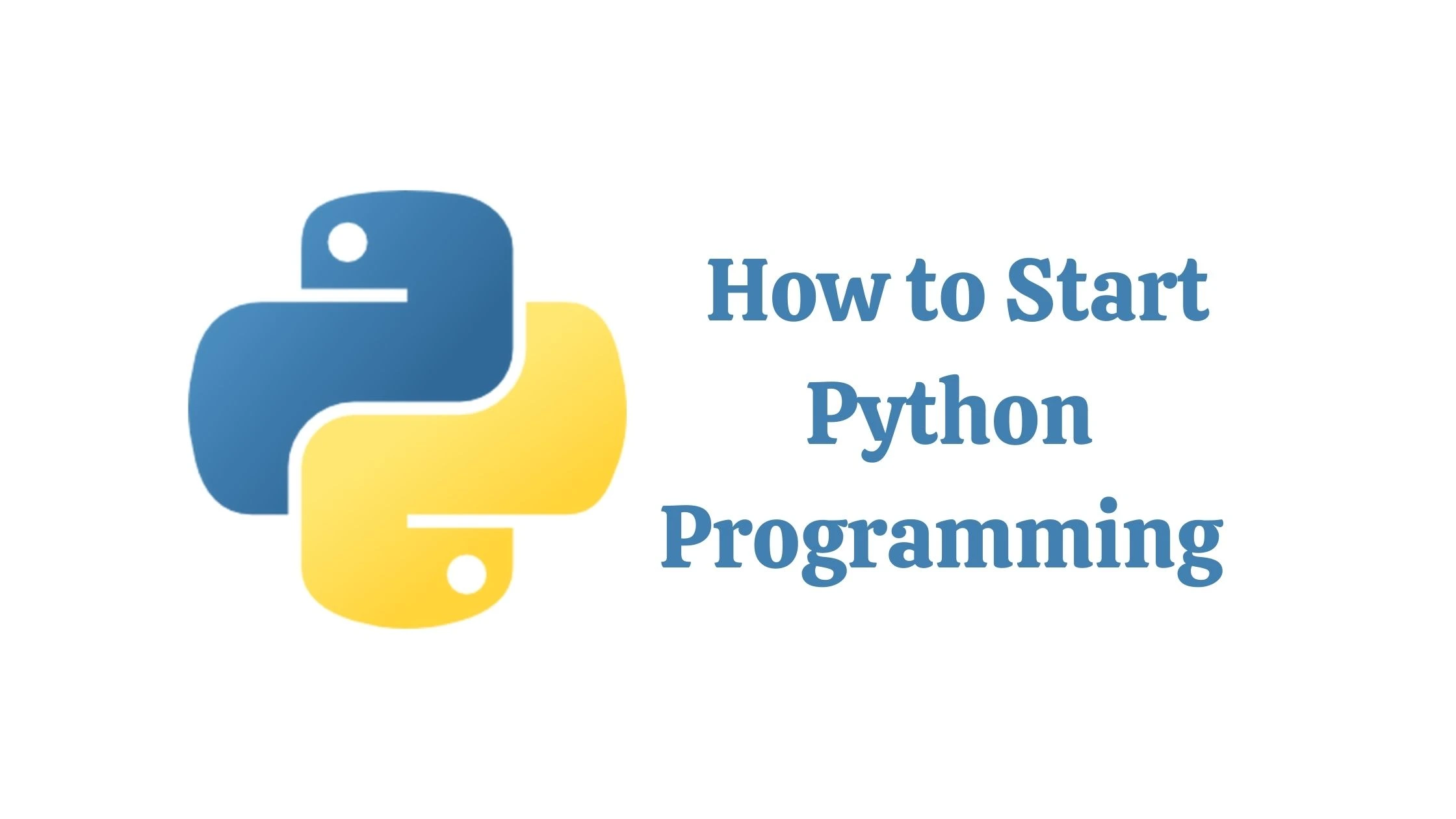Python Programming often hailed as an easy-to Learn Python programming language has become quite popular in recent years. This is because it is versatile, reliable, and has the ability to handle big data.
Since it is a general-purpose language, it can be used for a variety of tasks, including web development, data science, artificial intelligence, and more. If you are new to Python and want to get started quickly, this guide will teach you the basics you need to know.
This blog covers what you need to know to effectively start to learn Python Programming Language. The blog covers all the basics of the Python programming language and ends with a list of books and tutorials that will help you learn more.
1. Why learn Python?
Python is a free, open-source programming language that lets developers create a wide range of applications. It is a very flexible programming language that can be used to create desktop applications, web applications, and data analysis.
Since it is a high-level language, Learn Python Programming is often compared to languages like C++ and Java. This means that it is easier to learn than C++ and Java, but it is not as fast as C++ and Java. Since Python is an open-source programming language, it is free to use. This means that developers do not need to pay to use Python or download it.
However, there are times when developers will need to download Python. This might be because they are using an operating system that does not come with Python, or they might need to download Python because their operating system does not have the right version of Python.
2. Which edition of Python should you learn?
Python Programming has gone through a lot of changes and updates since it was first released back in 1991. It has been used for a variety of purposes including web development, scientific and engineering applications, game development, desktop apps, and much more. It is a general-purpose programming language and is used by everyone from experienced programmers to beginners.
Since it is a general-purpose language, one of the first questions that come to mind is what Python version should you learn? There is no right or wrong answer since Python 2.7 and 3.7 are still widely used by many of us.
Features of Python 2.7:
Python 2.7 is a very powerful and flexible programming language. It is easy to learn and is a popular choice for web development, scientific computing, and data analysis. Python 3 is the latest version of Python. The major difference between Python 2.7 and Python 3 is that Python 3 supports Unicode (UTF-8) strings. However, there are many other differences between the two versions of Python.
It also comes with the Cython module, which allows it to be compiled for speed on mobile devices and other embedded systems. Python 2.7 also has a large number of modules available, making it suitable for a wide range of applications.
Features of Python 3.7:
The latest release of Python is version 3.7, which was released in December 2018. This article will discuss some of the features of Python 3.7.
Python 3.7 is the latest version of Python, which has many new features and improvements over the previous versions. It has a new module called Asynchronous I/O, which helps in asynchronous programming. The new module helps developers in writing asynchronous code. It also contains lots of new modules and packages, which can be used to solve various problems.
3. How do you get started to learn Python Programming?

To get started with Python, you need to know how to set up the Python environment. It is recommended to use Python 3 over Python 2 because it is newer and has better features. There are many ways to set up Python, but the easiest way is to use an integrated development environment (IDE). It is a program that provides a user interface to Python with its own editor and debugger. You can install an IDE, like Idle or Spyder, in your operating system.
4. Where can you learn Python Programming online for FREE?
Python Programming is one of the most popular programming languages. It’s used for a huge variety of things, including web development and data science. The great news is that you don’t have to spend hundreds of dollars on a college course to learn Python online.
There are a number of reasons to learn Python if you’re a developer. It’s easy to learn and has a large community of users and programmers surrounding it. Also, it’s one of the most common languages used in machine learning and artificial intelligence. It can ultimately help you make more money in your field of programming.
Trying to learn your first programming language on your own can be a difficult task. That’s why there are online courses for beginners who are looking for the best place to begin. Though there are a number of different online Python courses, you should always make sure to check the instructor’s background to see if they are qualified to teach Python.
5. Best Books for learning Python Programming
Learning programming through books might be harder and more time-consuming for everyone but if you are a books addict and you always want to learn python programming by reading books then below five books will help you to learn Python Programming.
Python Crash Course
Automate the Boring Stuff with Python, 2nd Edition: Practical Programming for Total Beginners
Learning Python, 5th Edition
Head-First Python (2nd edition)
Elements of Programming Interviews in Python: The Insiders’ Guide
Conclusion:
If you’re looking to get into programming, Python is a great language to start with. Not only is it versatile and easy to learn, but there are many online resources available to help you get started. We recommend learning Python edition 3 or 4, as they are most commonly used in the industry.
Once you have a basic understanding of the language, you can start exploring more complex concepts and developing your skills. Do you have any questions about learning Python? Leave them in the comments below and we’ll be happy to help!
Also, Read This:
